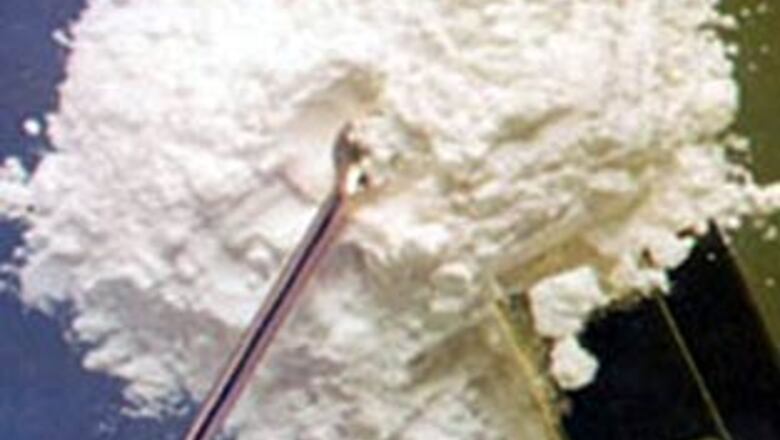
views
Washington: In its annual report on world drug use, the United Nations concludes that global markets for cocaine, opiates and marijuana are holding steady or in decline.
Yet about 28 million people are heavy drug users likely to be physically or psychologically dependent on drugs, the report said.
Opium cultivation in Afghanistan, where 93 per cent of the world's opium is grown, dropped by 19 per cent last year, the Vienna-based UN Office on Drugs and Crime reported on Wednesday.
And there was a 28 per cent decline - the report called it staggering - in the production of cocaine in Colombia, which produces half the world's cocaine, the report said.
But regionally the picture is different.
"Drug addiction to cocaine in Europe started basically nine years ago in the year 2000 and has been growing almost as a wild train, a runaway train," said Antonio Maria Costa, executive director of the UN office.
Global production of coca hit a five-year low at 845 tons despite some increased cultivation in Peru and Bolivia.
Marijuana, or cannabis, remained the most widely used and cultivated drug in the world and it is more harmful than commonly believed, the report said.
"Cannabis use is very high, at least for periodic consumption," Costa said.
As a result, the number of people seeking treatment is rising. Roughly 167 (m) million people use marijuana at least occasionally.
Opiates and cocaine have about 18 million users a year each. And it is estimated that 11 million to 21 million people worldwide inject drugs.
Among synthetic drugs, 16 million to 50 million took amphetamines and related drugs and about 27 million took Ecstasy, the report said.
The estimated cost of the world's illicit drug market is about 320 billion US dollars, said Costa.
Among the striking findings in the report is the growth of what was once a cottage industry of industrial-sized laboratories in southeast Asia, particularly in the greater Mekong region of Vietnam, producing massive quantities of methamphetamine tablets and crystal meth.
Another is skyrocketing use of the amphetamine Captagon in the Near and Middle East.
The aim is to get governments worldwide to invest in public health and public security, he said. No specific amount was suggested.
Drug money perverts weak economies and corrupts weak officials, Costa said.
And drugs are a source of revenue for insurgents, like the Taliban in Afghanistan and FARC, the largest guerrilla group in Colombia, that control regions of illicit cultivation, he said.




















Comments
0 comment